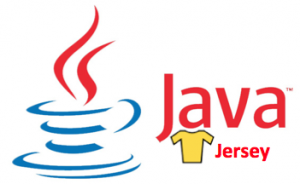Lightning Fast Integrations
Walk the walk with developer tools that make a difference!
Jive SDK
With the new Jive Add-On Framework, developers can build solutions directly on Jive, or leverage any modern web-ready language to build custom middleware services to incorporate into their solution. If you can build a standard web application using HTML, JavaScript, CSS and REST APIs … then Jive Add-Ons are for you!
For more details about Jive platform capabilities, please see:
Platform OverviewDeveloper IntroductionDeveloper Resources
Getting Started
To demonstrate it’s flexible capabilities, Jive orchestrated the following SDKs’ to help developers get started in their programming language of choice, or at minimum share design patterns and implementations that can be leveraged across language paradigms to reduce barriers to getting started.
Unless required by applicable law or agreed to in writing, the software below is distributed on an “AS IS” BASIS, WITHOUT WARRANTIES OR CONDITIONS OF ANY KIND, either express or implied. See the License for the specific language governing permissions and limitations under the License.

Jive SDK for Node.js was the first open-source SDK for Jive add-on development. It has a multitude of example projects, tutorials, documentation and features to help build/manage add-on metadata and artifacts. |
|

Jive SDK for .NET was contributed by Pokeshot SMZ. While this open-source SDK is not complete, it covers key Jive data structures and signature validation routines that are essential to building middleware services for Jive. |
||||||||
|
||||||||||
Recommended Tools

Create a HTTP(s) tunnel into your local machine and host your add-on’s source files with minimal effort using Ngrok. Local cloud development has never been easier! |

Test Jive’s and other API’s with Postman to reduce development iterations. View full HTTP send and received request headers and body. Requests can be shared with team members for collaborative testing. |

RequestBin provides a URL to collect HTTP requests and inspect the inbound headers and body. This is an invaluable tool to easily debug webhook requests. |







